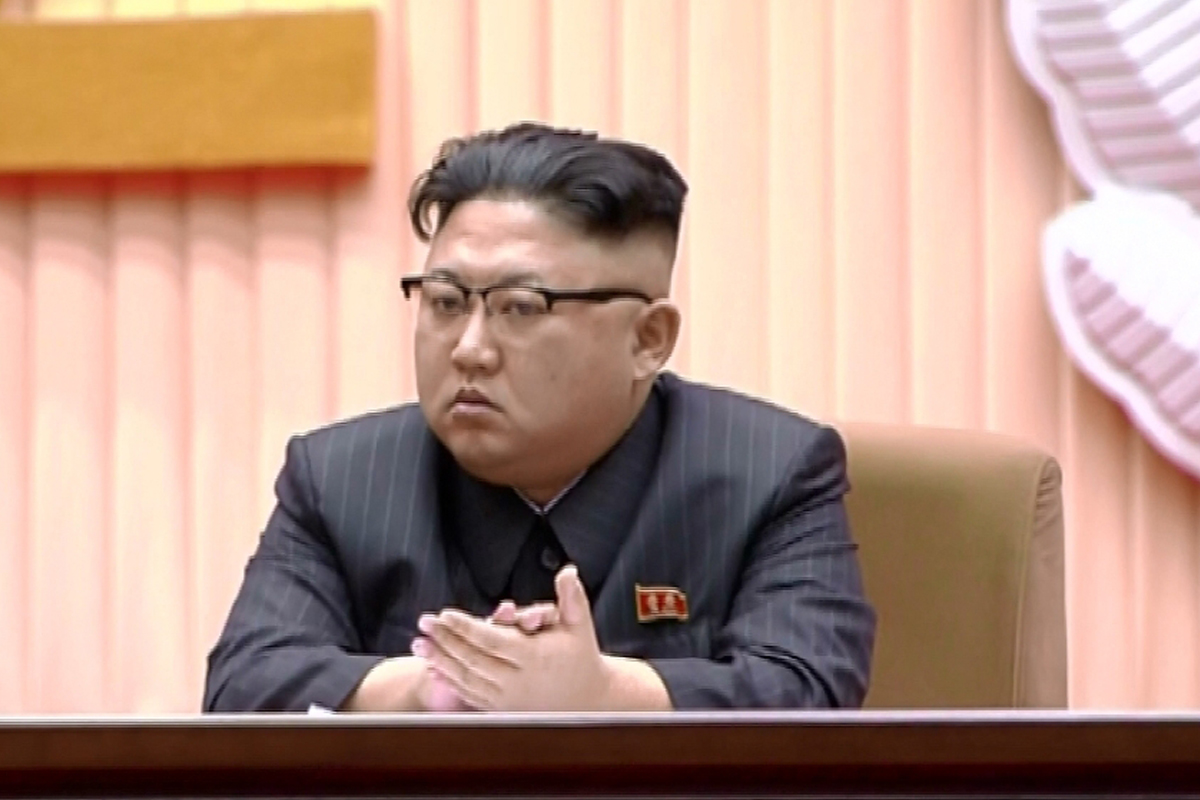Trump announces US withdrawal from World Health Organisation
Trump has long been critical of the WHO, and his administration formally withdrew from the organisation in July 2020 as the Covid-19 pandemic continued to spread.
The meeting held on Thursday included no mention of inter-Korean relations, an apparent indication that Kim might be focusing on internal unity, rather than external issues, amid lingering fears about the global pandemic, Yonhap news agency reported.

Photo: IANS
North Korean leader Kim Jong-un has called for “maximum alert” against the coronavirus pandemic, during a politburo meeting of the ruling Workers’ Party, warning that premature easing of anti-virus measures will lead to “unimaginable and irretrievable crisis,” state media reported on Friday.
It was the second time in three months that the North has convened a politburo meeting to discuss the COVID-19 pandemic. That suggests North’s situation could be serious, though Pyongyang claims there has not been a single case.
Advertisement
The meeting held on Thursday included no mention of inter-Korean relations, an apparent indication that Kim might be focusing on internal unity, rather than external issues, amid lingering fears about the global pandemic, Yonhap news agency reported.
Advertisement
“He stressed the need to maintain maximum alert without a slight self-complacence or relaxation on the anti-epidemic front, and rearrange and practice stricter anti-epidemic effort,” the Korean Central News Agency said.
Kim also made “sharp criticism of inattention, onlooking and chronic attitude getting prevalent among officials, and violation of the rules of the emergency anti-epidemic work as this work takes on a protracted character,” it said.
North Korea claims to have no coronavirus infections, but it has taken relatively swift countermeasures since January, such as closing its border and toughening quarantine criteria.
Experts said that the North appears to be placing its priority on tackling domestic issues, such as the fallout from the COVID-19 pandemic.
“The immediate concern for North Korea must be resolving issues related to people’s daily lives,” Yang Moo-jin, a professor at the University of North Korean Studies, said.
Advertisement